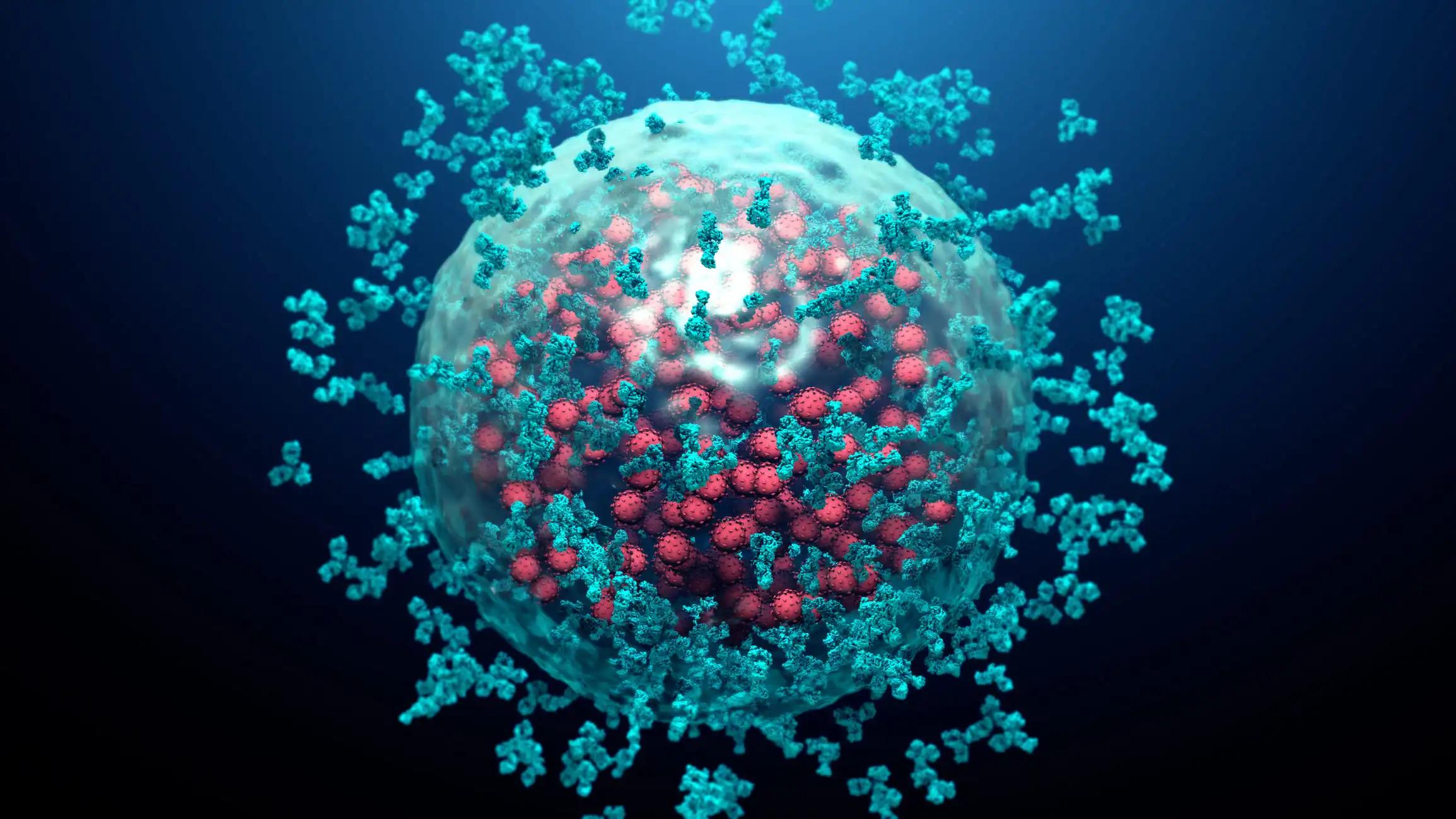KEY TAKEAWAYS
- The Phase 2 LITESPARK-001 (PT2977, MK-6482) trial aimed to determine the recommended Phase 2 dose (RP2D) of PT2977, a HIF-2 inhibitor.
- The method used in the study is a dose-escalation study followed by an RP2D expansion cohort, where the PT2977 120 mg dose was administered to 55 patients.
- The study’s outcome shows that it has a safe and tolerable side effect profile, and its clinical activity in treating RCC is encouraging, with a clinical benefit rate of 78%.
- The study reports that the most common previous treatment for patients was Three (1-9), according to the IMDC criteria.
- The study shows that PT2977 has a safe and tolerable side effect profile and is clinically beneficial in treating advanced clear cell RCC.
One of the most important oncogenic drivers in renal cell carcinoma (RCC) is the transcription factor hypoxia-inducible factor (HIF)-2α. Mouse xenograft RCC models are regressed when treated with PT2977, a powerful and selective small molecule HIF-2α inhibitor that blocks the production of HIF-2α target genes in tumor cells. The recommended Phase 2 dose (RP2D) of PT2977 was determined through a dose-escalation study in patients with advanced solid tumors. The RP2D expansion cohort included patients with advanced clear cell RCC who had previously been treated with at least one other treatment. The PT2977 120 mg dose was used to treat 55 patients (3 in the dose escalation and 52 in the expansion phases). Three (1-9) was the most common previous treatment. According to the IMDC criteria, 73% of the patients were at intermediate risk, while 18% were at poor risk.
On March 15, 2019, 75% of patients experienced anemia, 64% experienced fatigue, 44% experienced dyspnea, 33% experienced nausea, 29% experienced peripheral edema, and 27% experienced cough. HIF2 inhibition most frequently causes anemia (20%) and hypoxia (11%), which are considered on-target adverse events. Two individuals (4%) reported stopping treatment because of an adverse event. The clinical benefit rate was 78%, with 13 patients (24%) having a verified PR and 30 (54%) having SD. All patients have been followed-up for at least 40 weeks, and the PFS probability is 50.1%. PT2977 has a safe and tolerable side effect profile. PT2977’s clinical activity in treating RCC is encouraging. It is intended to conduct a Phase 3 PT2977 monotherapy trial in previously treated advanced RCC patients.
Source: https://oncologypro.esmo.org/meeting-resources/esmo-2019-congress/A-First-in-Human-Phase-1-2-Trial-of-the-Oral-HIF-2a-Inhibitor-PT2977-in-Patients-with-Advanced-RCC
Clinical Trial: https://clinicaltrials.gov/ct2/show/NCT02974738
E. Jonasch, E.R. Plimack, T. Bauer, J.R. Merchan, K.P. Papadopoulos, D.F. McDermott, M.D. Michaelson, L.J. Appleman, S. Thamake, N. Zojwalla, T.K. Choueiri/A First-in-Human Phase 1/2 Trial of the Oral HIF-2a Inhibitor PT2977 in Patients with Advanced RCC/Annals of Oncology (2019) 30 (suppl_5): v356-v402. 10.1093/annonc/mdz249



